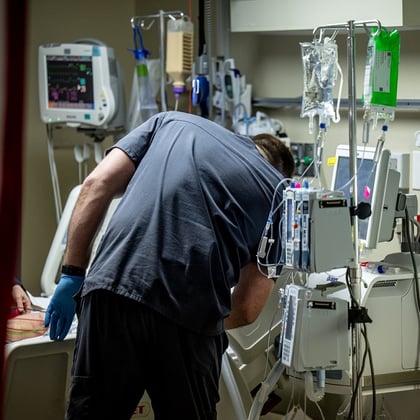Job losses caused by the COVID-19 pandemic might have cut the total number of pandemic-related U.S. deaths early on, rather than increasing the death toll.
Christopher Ruhm, an economist at the University of Virginia, presents data supporting that conclusion in a paper published behind a paywall on the website of Health Affairs, a peer-reviewed academic journal.
Ruhm estimates that COVID-19 and pandemic-related effects other than high unemployment by approximately 702,800 during the 12-month period running from February 2020 through March 2021.
Pandemic-related unemployment killed some people, but it saved so many other lives that it decreased the overall pandemic-related death toll by nearly 37,800, reducing the total excess number of deaths to closer to 665,000, according to Ruhm’s analysis.
What It Means
Advisors, agents, life insurance underwriters and others looking at the pandemic might assume that pandemic-related turmoil increased clients’ mortality, but it’s possible that some clients benefited from having time off from work.
“A key insight of this investigation is that most types of mortality decline when the economy weakens and that these recession effects partially offset the pandemic effect for most groups,” Ruhm writes in an assessment of his own results.









 November 16, 2022 at 02:54 PM
November 16, 2022 at 02:54 PM











